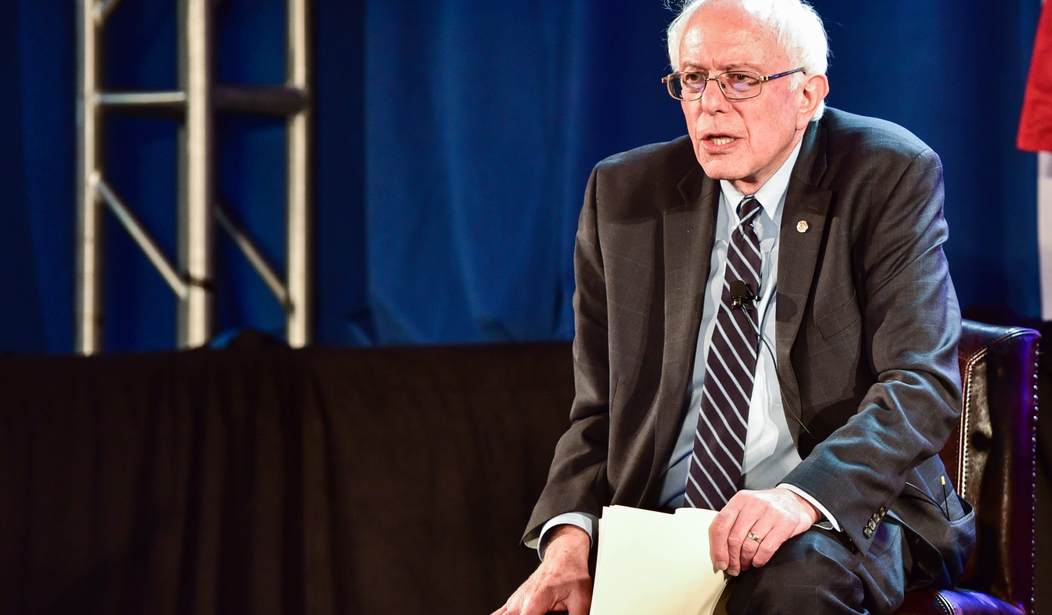The New York Times takes a few minutes to dance on Andrew Breitbart’s grave. We’ll get to a few quotes from the article in a moment, but first, as set-up, it’s worth recalling the opening salvo of Matt Welch’s recent article at Reason on the current state of old media:
Imagine for a moment that the hurly-burly history of American retail was chronicled not by reporters and academics but by life-long employees of A&P, a largely forgotten supermarket chain that enjoyed a 75 percent market share as recently as the 1950s. How do you suppose an A&P Organization Man might portray the rise of discount super-retailer Wal-Mart, or organic foods-popularizer Whole Foods, let alone such newfangled Internet ventures as Peapod.com? Life looks a hell of a lot different from the perspective of a dinosaur slowly leaking power than it does to a fickle consumer happily gobbling up innovation wherever it shoots up.
That is largely where we find ourselves in the journalism conversation of 2012, with a dreary roll call of depressive statistics invariably from the behemoth’s point of view: newspaper job losses, ad-spending cutbacks, shuttered bureaus, plummeting stock prices, major-media bankruptcies. Never has there been more journalism produced or consumed, never has it been easier to find or create or curate news items, and yet this moment is being portrayed by self-interested insiders as a tale of decline and despair.
It is no insult to the hard work and good faith of either newspaper reporters or media-beat writers (and I’ve been both) to acknowledge that their conflict of interest in this story far exceeds that of, say, academic researchers who occasionally take corporate money, or politicians who pocket campaign donations from entities they help regulate, to name two perennial targets of newspaper editorial boards. We should not expect anything like impartial analysis from people whose very livelihoods—and those of their close friends—are directly threatened by their subject matter.
And with the possible exception of Matt Drudge, nobody was more successful at threatening the livelihood — and in particular the sanity — of the MSM than Andrew Breitbart. As Mickey Kaus said upon meeting Andrew, back when he was the man behind the scenes at the Drudge Report:
In retrospect hitching his star to Drudge was a brilliant decision. This was hardly a given in 1995. Political blogger Mickey Kaus, someone who understood the power of the Internet, recalled, “I first met Breitbart when he showed up at a panel I was on at UCLA. He told me he was the guy who posted items for Matt Drudge, and I immediately realized he was the most powerful person in the room. Nobody could understand why I was sucking up to the crazed hippie kid in shorts.”
The power of Drudge Report comes from the large audience it has generated. By 2007 it was regularly attracting over three million unique visits. The average visitor spent an incredible one hour and six minutes on the site, an eternity in Internet terms. The average visitor went to the site 20 times a month. The Washington Post, a popular link for Drudge, noted in 2006 that its “largest driver of traffic is Matt Drudge.”
But it was upon staking out on his own that Breitbart permanently earned the wrath of the MSM, by enveloping stories such as James O’Keefe’s video expo on ACORN inside of a narrative that set up the MSM to reveal their reflexive left-wing/anti-conservative tendencies, and then stomping on them. That Andrew would also align himself with the Tea Party in 2009 further enraged the elitist media serving as Obama’s palace guard. Not to mention when Andrew defended the Tea Party when the Washington-MSM media complex attempted to smear them as racists during the (possibly stillborn) birth of ObamaCare. Even self-confessed JournoList member Ben Smith, then of Politico, was forced to admit, “I think you’ve pretty much won this one, no?” (The NYT itself would eventually issue a grudging correction to their coverage.)
Perhaps Andrew’s crowning moment in new media occurred last year, first causing Anthony Weiner (D-NY) to resign from Congress, and then jumping onto the podium at the latter man’s own press conference. (The New York Times’ response to this incredible scandal was infinitely more flaccid, if you’ll pardon the pun.) If, as Finley Peter Dunne’s hoary old motto from 1902 is typically paraphrased, “the job of the newspaper is to comfort the afflicted and afflict the comfortable,” Andrew was one of the last journalists who lived that motto.
Which brings us to Andrew’s obit in the New York Times today (link safe; goes to Hot Air):
Less watchdog than pit bull (and one who, without the technology of the 21st century, might have been just one more angry man shouting from a street corner), Mr. Breitbart altered the rules of civil discourse.
Mark Feldstein, a journalism professor at the University of Maryland, said that Mr. Breitbart “used the tools of invective and polemic to change the conversation, to try to turn it to his advantage.”…
A student of the tactics of the leftist organizer Saul Alinsky (if not his politics), Mr. Breitbart played defense by giving offense, subscribing to Alinsky’s theorem that “the real action is in the enemy’s reaction.” He wielded a network of conservative sources, including a number of members of Congress, four of whom spoke at his Washington memorial, to sow mayhem opportunistically…
At both the memorial and the after-party, stories about his relentlessness and love of argument were legion. In her note read at the memorial, his wife reminded the crowd that Mr. Breitbart was willing to engage and argue with anyone. “I came home one day to our first apartment to find a couple of Jehovah’s Witnesses,” she wrote, “trying to wrap up the conversation and get out.”
One line not quoted by Hot Air is this:
For good or ill (and most would say ill), no one did it like Mr. Breitbart.
Actually, most didn’t say that; that’s purely the opinion of Timesman David Carr, who thinks that you conservative rubes in flyover country don’t deserve a journalistic voice of your own, whether through Andrew’s efforts to create a salon for alternative media, or by launching your own blogs and Websites. Or as Carr himself told Bill Maher last year:
If it’s Kansas, Missouri, no big deal. You know, that’s the dance of the low-sloping foreheads. The middle places, right? …Did I just say that aloud?
Carr’s point of view, as Andrew Klavan would say, is succinct. Just shut up and leave journalism to those of us inside 620 Eighth Avenue:
You know, the folks who run headlines such as “Barney Frank, Moderate.”
Update: Welcome readers clicking in from Michelle Malkin’s new Twitchy.com; yet another conservative Website that, like Andrew’s “Big” sites, you just know the NYT is working itself up into a serious case of Margaret Dumont-esque vapors over.
Although come to think of it — what don’t the cool dispassionate Timespeople get the vapors over these days?
More: Mickey Kaus spots Carr backing off slightly, at least on Twitter, from what Mickey calls “his embarrassing Breitbart Kaelism”:
[T]he worst part is I thought it through. should have thought some more.
Bill Kristol tried to give Carr an out, by assigning his “most would say ill” line to an anonymous rewrite editor at the NYT. It was nice of Carr, as with his Kinsleyesque gaffe on Bill Maher’s show, to reveal that it was indeed his worldview, and a reminder of how he and his fellow denizens on Pinch Avenue see the rest of America, yet again.
Update: Welcome readers click in from Instapundit, Lucianne, Florida’s Sky 97.3 FM, and the PJM homepage.










Join the conversation as a VIP Member